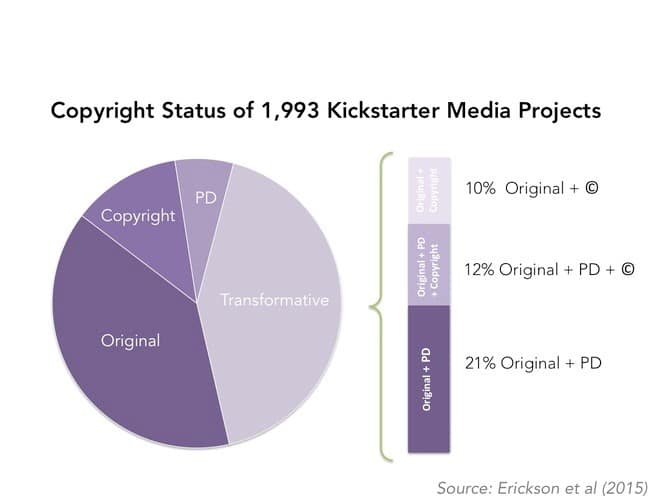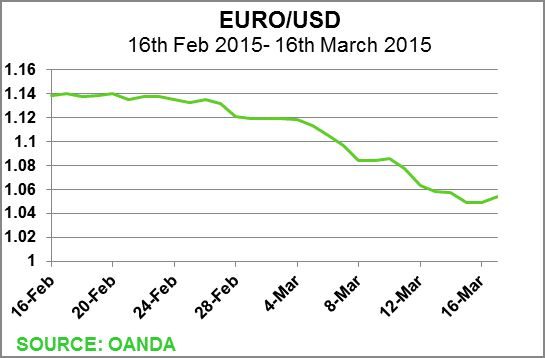GDP Grows 2.2%, Missing Expectations
The United States saw GDP growth of 2.2% in the fourth quarter of 2014, below expectations of 2.4% growth in a sign that the country’s economic recovery is stalling.
The Commerce Department reported that the second estimate for fourth quarter growth was 2.2%, driven by “positive contributions” from personal consumption expenditures (PCE), nonresidential fixed investment, exports, state and local government spending, private inventory investment, and residential fixed investment. Imports also rose in the fourth quarter.





